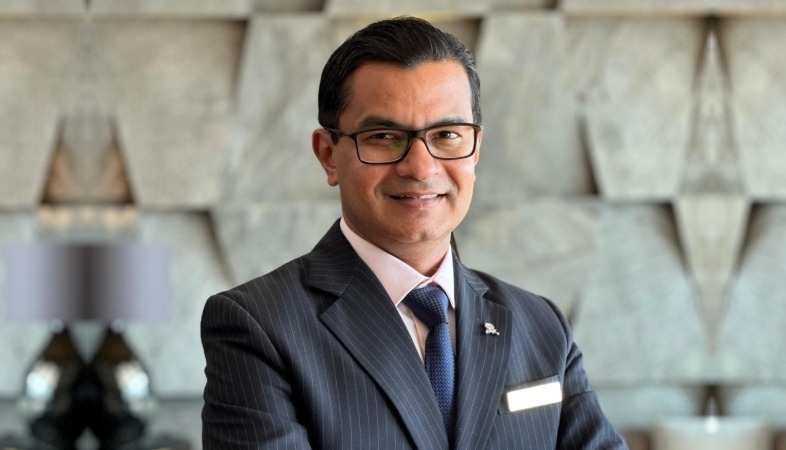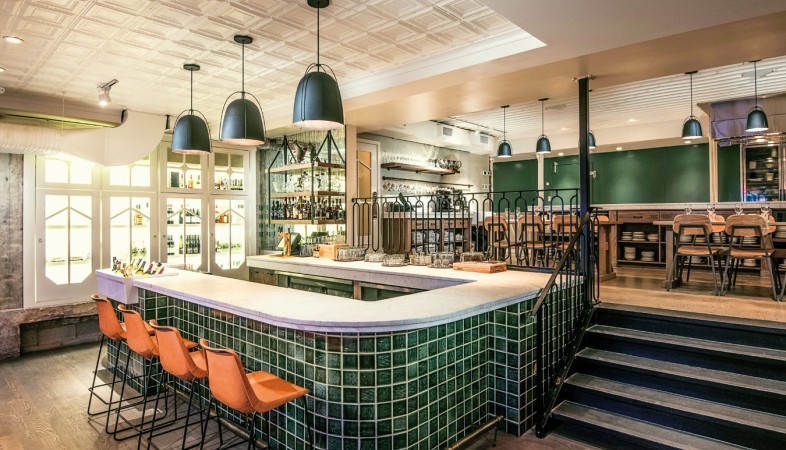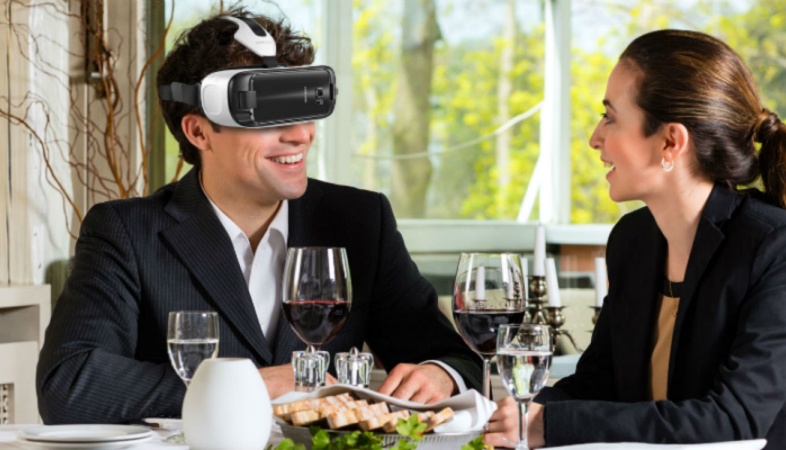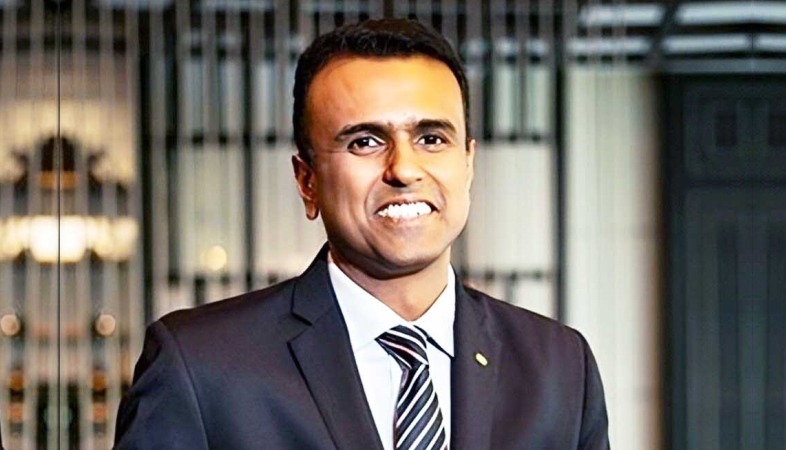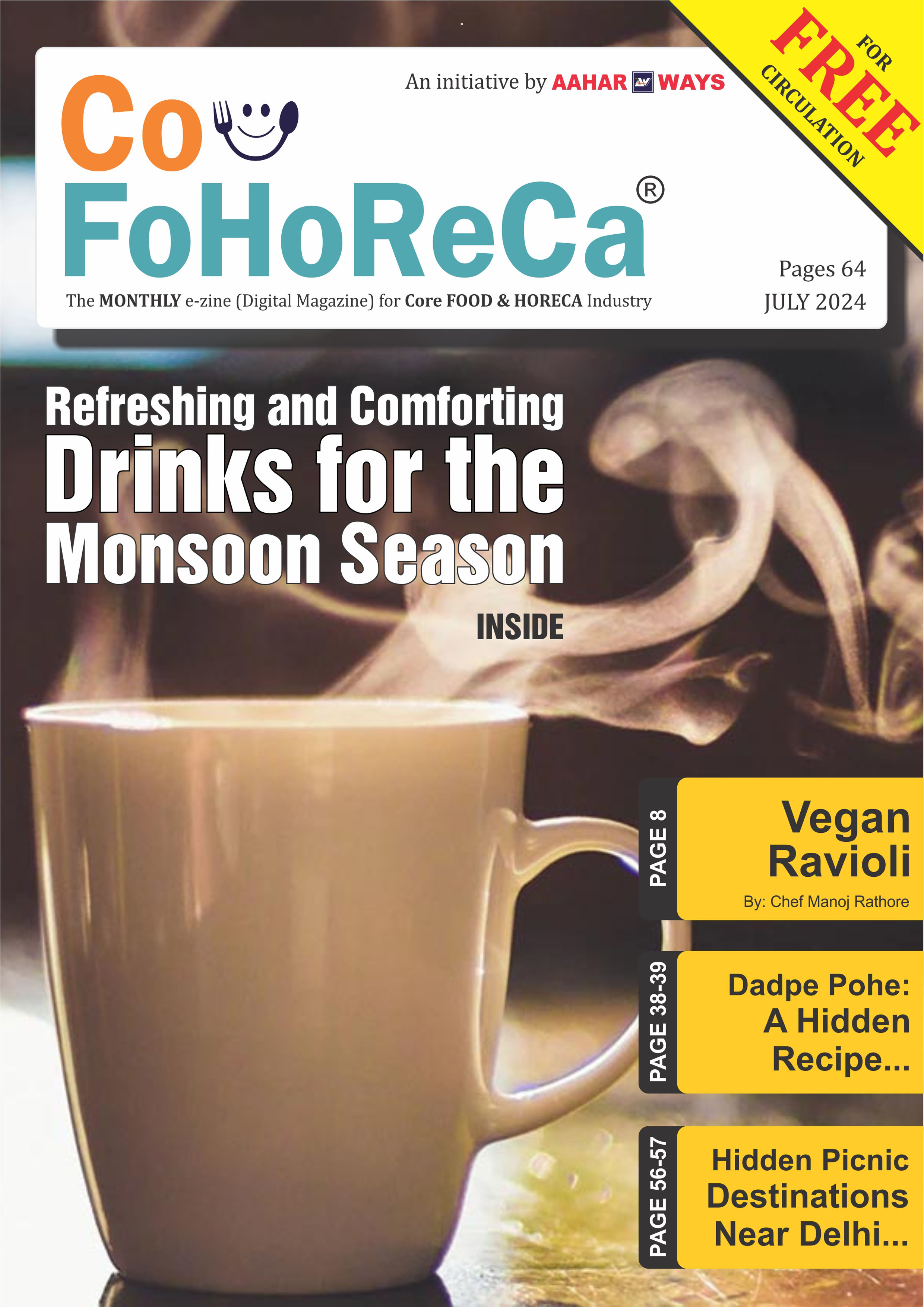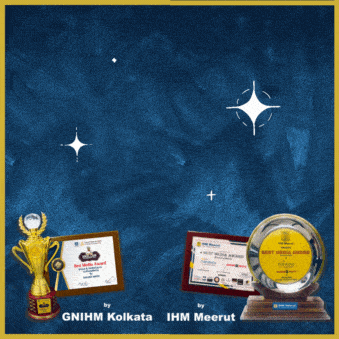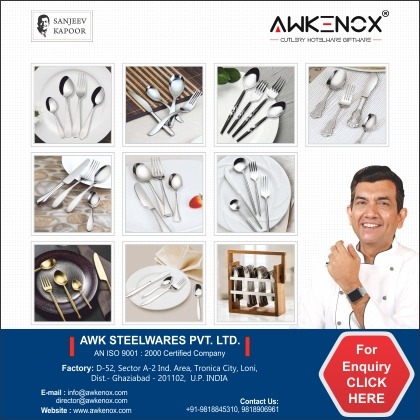Innovations in Hotel Housekeeping: Smart Solutions for Efficiency
Innovations in hotel housekeeping are transforming the way hotels manage cleanliness, guest services, and resource allocation.
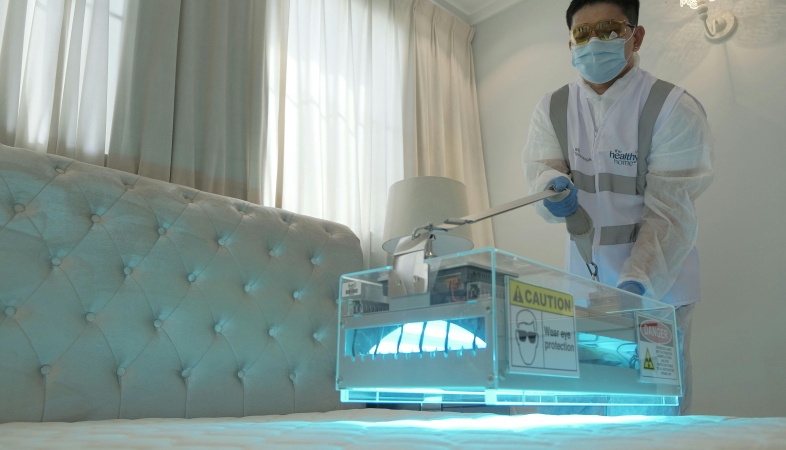
Introduction:
In the ever-evolving landscape of the hospitality industry, hotel housekeeping plays a pivotal role in ensuring guest satisfaction and operational efficiency. As technology continues to advance, innovations in hotel housekeeping have become instrumental in streamlining processes, enhancing service quality, and optimizing resource management. In this article, we will explore the smart solutions that are transforming hotel housekeeping, contributing to a more efficient and guest-centric experience.
1. Smart Room Control Systems:
One of the notable innovations in hotel housekeeping is the implementation of smart room control systems. These systems allow guests to control various aspects of their room environment, such as lighting, temperature, and window shades, through a centralized device or mobile app. From a housekeeping perspective, this technology provides the ability to monitor and manage room settings remotely, allowing for energy savings when rooms are unoccupied and ensuring that cleaning and servicing are aligned with guest preferences.
2. IoT-Enabled Housekeeping Carts:
The Internet of Things (IoT) has made its way into the heart of hotel housekeeping with IoT-enabled housekeeping carts. Equipped with sensors and connected devices, these carts provide real-time data on cleaning supplies, room occupancy status, and task completion. Housekeeping staff can efficiently navigate through the hotel, prioritizing rooms that need immediate attention based on guest requests or specific cleaning requirements. This innovation not only improves productivity but also enhances the overall guest experience by allowing staff to respond promptly to guest needs.
3. Automated Housekeeping Management Systems:
Automation has revolutionized housekeeping management through the integration of sophisticated software solutions. These systems streamline the assignment of tasks, track the progress of cleaning schedules, and provide insights into staff performance. Automated housekeeping management systems enable hotels to allocate resources effectively, reducing idle time and improving overall efficiency. This results in a more organized workflow and ensures that rooms are ready for guests promptly.
4. Robotic Vacuum Cleaners:
Robotic vacuum cleaners have become a familiar sight in the world of hotel housekeeping. These autonomous devices navigate through rooms, efficiently cleaning floors and carpets. Robotic cleaners are equipped with sensors to detect obstacles and adjust their cleaning patterns accordingly. By incorporating robotic vacuum cleaners into their housekeeping routine, hotels not only save time and resources but also achieve a higher standard of cleanliness, as these devices can clean more frequently and consistently than traditional methods.
5. UV-C Disinfection Technology:
In response to heightened hygiene concerns, especially in the wake of global health events, hotels are increasingly adopting UV-C disinfection technology. UV-C light has proven efficacy in eliminating bacteria and viruses. Housekeeping staff can use handheld UV-C devices to sanitize high-touch surfaces in guest rooms, bathrooms, and common areas quickly and effectively. This innovation not only enhances the cleanliness standards but also provides guests with peace of mind regarding their safety during their stay.
6. Smart Linen and Towel Tracking:
Managing and tracking the usage of linens and towels is a common challenge in hotel housekeeping. Smart solutions now allow hotels to embed RFID (Radio-Frequency Identification) tags in linens and towels. This technology enables real-time tracking of each item, from the laundry room to the guest room and back. Housekeeping teams can monitor the status of linens, track usage patterns, and ensure timely replacements or replenishments. This not only optimizes inventory management but also contributes to cost savings and sustainability efforts.
7. Voice-Activated Assistants:
Voice-activated assistants, like smart speakers, have found their way into hotel rooms, providing an additional layer of convenience for guests. From a housekeeping perspective, these voice-activated systems can be integrated with the hotel's management system to facilitate guest requests. Guests can use voice commands to request housekeeping services, report issues, or inquire about local information. This streamlines communication between guests and housekeeping staff, ensuring that requests are addressed promptly and accurately.
8. Augmented Reality (AR) for Training:
Training housekeeping staff effectively is crucial for maintaining high standards of cleanliness and service. Augmented Reality (AR) technology is being used to create immersive and interactive training modules for housekeeping teams. AR applications guide staff through various cleaning procedures, highlight specific areas of focus, and simulate real-world scenarios. This innovative approach not only enhances the training experience but also ensures that staff is well-equipped to handle different cleaning challenges efficiently.
Conclusion:
Innovations in hotel housekeeping are transforming the way hotels manage cleanliness, guest services, and resource allocation. From the integration of smart room control systems and IoT-enabled housekeeping carts to the adoption of UV-C disinfection technology and robotic vacuum cleaners, hotels are embracing a tech-driven approach to enhance efficiency and guest satisfaction. As these innovations become more prevalent in the hospitality industry, the future of hotel housekeeping looks increasingly smart, streamlined, and focused on providing a seamless experience for both guests and hotel staff.
.png)






